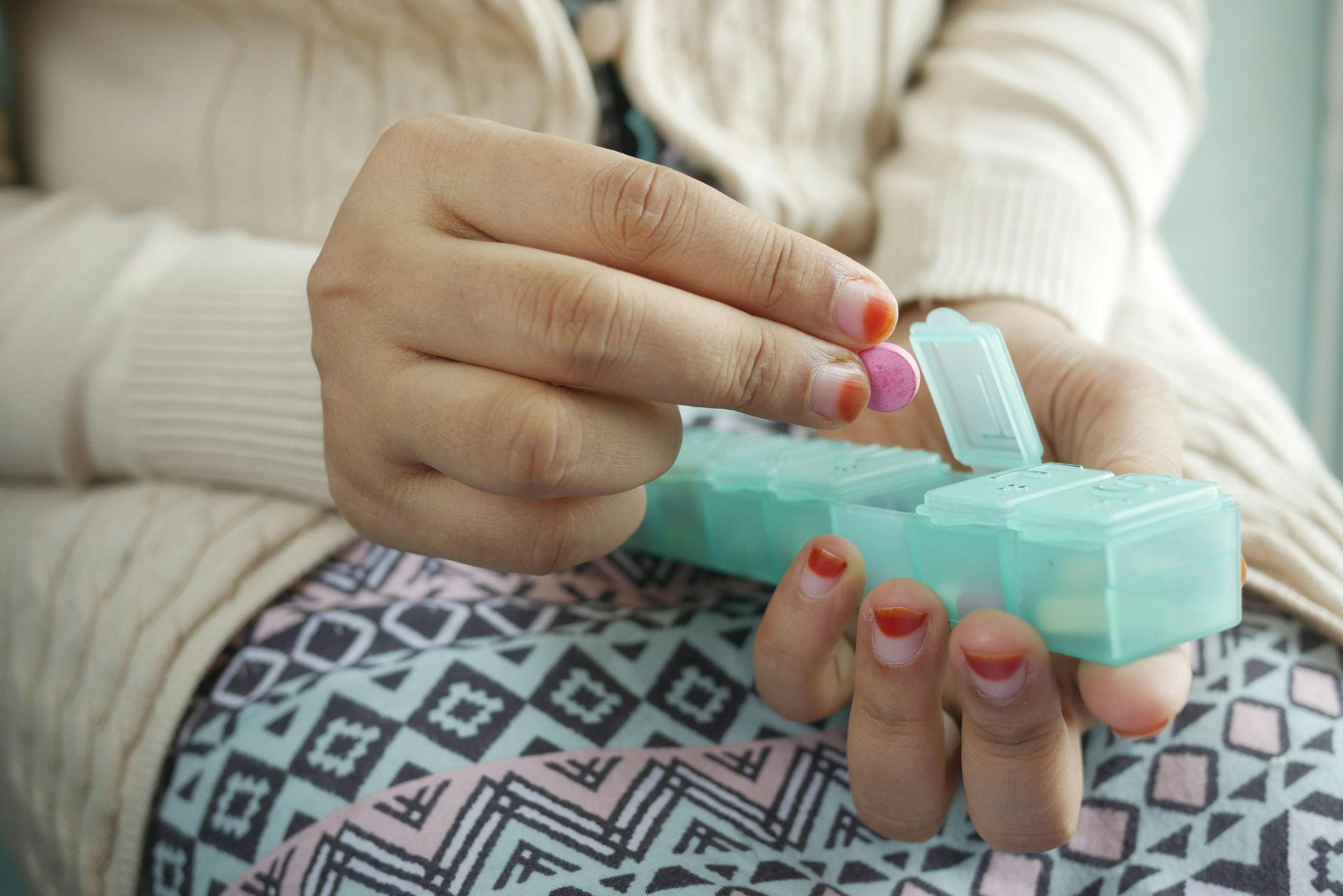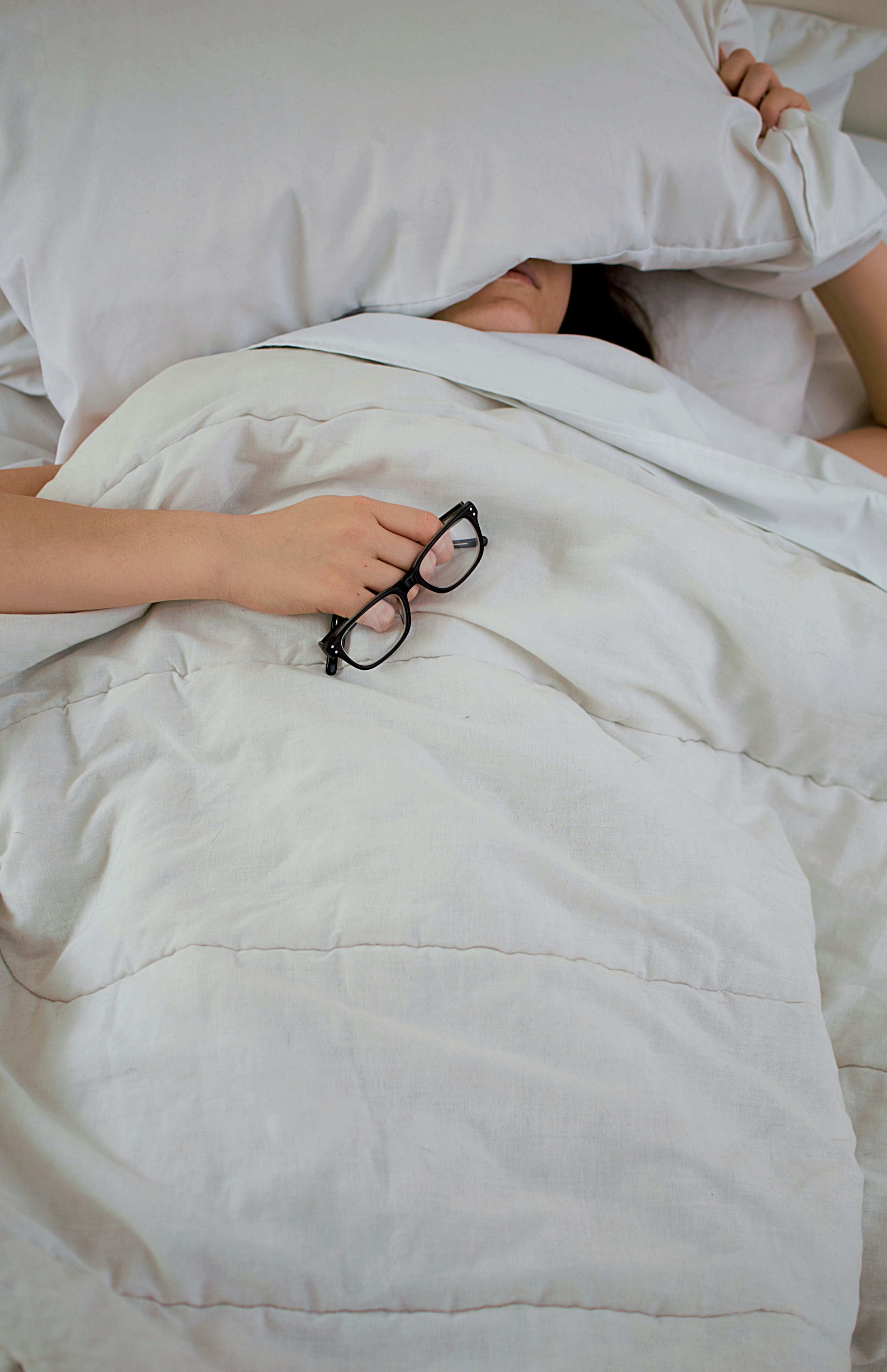We Need to Talk About Melatonin
Melatonin rolls casually off the tongues of so many people these days, everyone I talk to has an opinion or experience with it.
Most people don’t realize it’s a hormone, and many people are using it incorrectly.
Let’s start with what melatonin is:
Melatonin is an ancient molecule found in plants and bacteria as well as animals (humans); it is a hormone that our body makes, and the only known hormone made by the pineal gland; melatonin helps control the body’s 24 hour circadian sleep-wake cycle and blood pressure; melatonin production decreases as we age; and many countries require a prescription for melatonin, yet it is sold over the counter in the United States and Canada.
What melatonin isn’t:
A sleeping pill; it is not meant to be taken at bedtime but meant to be taken hours before bedtime to signal to the brain to get ready for sleep; melatonin is not for long-tern use; it is not meant to be used in place of proper sleep hygiene and is rarely a first-line sleep treatment; melatonin does not work for everyone.
Think melatonin is no big deal?
Melatonin is serious medicine: poison control centers report increased melatonin ingestion by 530% from 2012 to 2021 with most instances occurring in children under age 5, three childcare workers were charged with battery and child endangerment for giving melatonin gummy bears to a class of 2-year-olds, and melatonin is not recommended for persons with major depression or psychotic disorders.
According to a 2022 New York Times article, sleep experts recommend a melatonin starting dose of 0.5 milligrams to 1milligram (mg) an hour before bedtime for a few days before changing dosages. Since many people perceive melatonin as a sleeping pill, they are taking doses as high as 10 mg!
Or so they think. It is difficult to know if the dose on the bottle is the actual dose.
Supplements are not regulated by the Food and Drug Administration and an April 2023 analysis of 25 types of melatonin gummies revealed 22 of them contained different amounts of the hormone than indicated on the label, including three times the stated dosage and no melatonin at all.
Check out these statistics from a November 15, 2023 US News and World Report article regarding children and melatonin:
→ In 2018 around 1% of U.S. parents reported that their children used melatonin.
→ In the first half of 2023 a poll of 100 parents showed the following:
In the previous 30 days, melatonin was used by almost 19% of children ages 5 to 9, by over 19% of tweens ages 10-13, and by nearly 6% of preschoolers ages 1 to 4.
The preschoolers had been taking melatonin for an average of a year, while 5- to 9-year-olds were using it an average of 18 months, and tweens an average of 21 months.
Dosages for the children ranged from 0.25 mg to 10mg. (Mind-boggling when our natural melatonin production is one trillionth of a gram - for reference, milligrams are one thousandth of a gram.)
Over time, children needed increasing dosages for melatonin to remain effective, up to 10 mg.
There are sleep solutions for children, and everyone, that don’t involve messing with our brain chemistry, but I’m afraid readers aren’t going to like the answer.
Sleep hygiene and new sleep habits.
They take work, diligence, and patience, things not a lot of us have at the end of a long day when we want to rest.
Here are things to do BEFORE you try melatonin:
Have a regular bedtime and wake time. We need steady, stable sleep schedules, not just for melatonin production, but other hormones, as well.
No television or electronics in the bedroom at night. Kids use screens all day at school and the blue light prevents the pineal gland from making melatonin. The same goes for reading on a tablet or scrolling on your phone at bedtime. When possible, change the screen color to night colors or use a rose-colored filter.
Have a calming bedtime routine. Turn house lights down a couple of hours before bedtime, take a warm bath or shower, have calming tea, and be sure to keep bedrooms cool during the night.
Avoid caffeine and stimulating foods late in the day; avoid alcohol.
Meditate, read from a book, use breathing exercises or the military sleep technique of relaxing each muscle group from the head to the toes; anything to get into parasympathetic rest and digest and out of fight or flight.
Get bright daylight first thing in the morning. This can be tough during the Midwest winter, but there are inexpensive lights made just for this purpose.
Daily movement: light exercise, a walk, even dancing. Just move your body.
Get acupuncture. It is incredibly effective at treating insomnia when you also employ sleep hygiene and understand how sleep works from a Traditional East Asian Medicine perspective.
Behavioral therapy with a licensed therapist.
There are some people for whom melatonin is recommended, but that needs to be determined by a doctor, and not self-prescribed. Those groups include people with dementia, ADHD, autism, other neurodivergences, and severe anxiety.
At my house we use the Calm app with sleep meditations and sleep stories, and my colleague has written a fantastic book for sleep assistance called “Rewired for Sleep.” It’s a 28-day workbook and guide to reprogramming yourself to sleep better.
Want to talk through the best solutions to your sleep issues?






